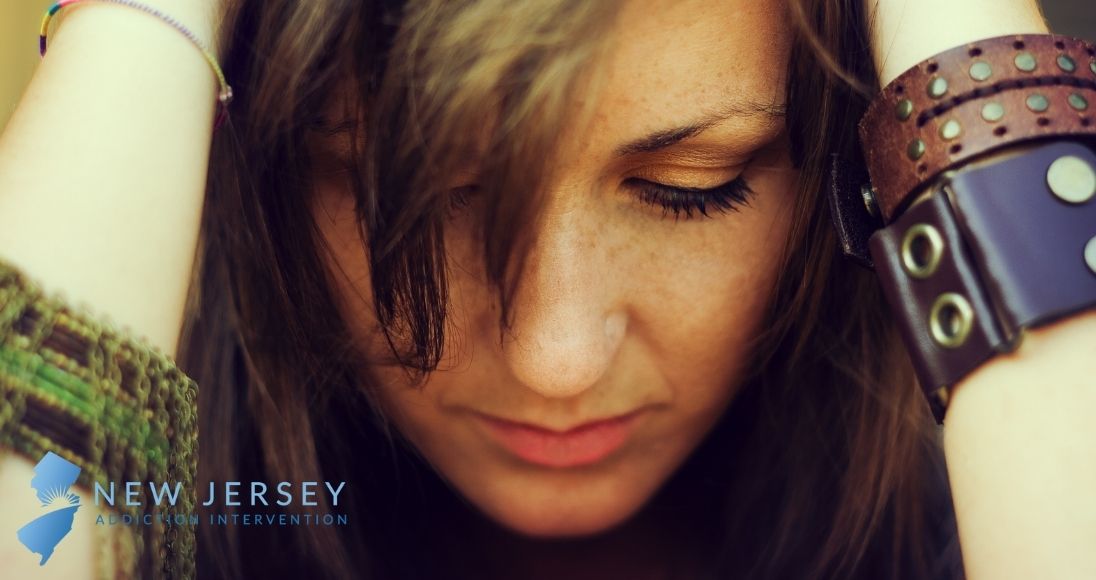Addiction is commonly defined as a chronic brain disease that affects an individual’s memory, motivation, and reward system. The disease of addiction is so chronic that substance abuse experts recommend a daily routine of sobriety-positive exercises and treatments. When a recovered addict is unable to keep up with their recovery efforts, they may suffer from something known as relapse. Relapse occurs when a recovered addict or alcoholic returns to their addictive behaviors and begins to abuse substances again.
Unfortunately, it is not uncommon for individuals in recovery to relapse and recover multiple times, creating a cycle of chronic relapse. Many people sit back and wonder why these individuals cannot just simply stop. Oftentimes, families and friends become exacerbated with their loved one’s pattern of recovering and relapsing. However, it is important to remember that it is just as tiring and defeating for the addict.
Let’s take a look at exactly what chronic relapse is and how it can be prevented.
Common Causes of Relapse
While addiction is known as a brain disease, it is often triggered by several environmental and social aspects. Because of this, individuals who have recovered from addiction often relapse due to many variables.
According to a study, the following are common causes of addiction relapse:[1]
- Lack of continued treatment after completing a recovery program
- Utilizing an addiction treatment model not specifically tailored to the individual
- Unstable home or work environments
- Lack of mental health treatment for co-occurring disorders
- Not following aftercare procedures after leaving a treatment facility
Experts have noted that relapse is most likely to occur during early recovery, within 90 days of an individual becoming sober. To explain, repeated abuse of drugs or alcohol causes structural changes within an individual’s brain. Due to those changes, when a person gets sober they experience strong cravings for the substance they abused. During the first 90 days of sobriety, these “cravings” are at their peak levels of potency.[2] This is the most common cause of relapse for individuals in their early days of sobriety.
While relapse during early recovery is more common, relapsing later in recovery is known to be more dangerous. Individuals who abuse drugs and alcohol build a tolerance to their substance of choice. However, when they become sober, this tolerance begins to decrease significantly. If individuals relapse and attempt to use the same amount of a substance as they did during active addiction, they are at risk of suffering an overdose.
At New Jersey Interventions, we work to educate our patients on the dangers and risks of relapse. Providing patients with the education and treatment they need gives them a better chance at remaining sober for a lifetime.
Signs of Chronic Relapse
Even though each person’s experience with addiction will be different, there are a few similarities to draw comparison from. Individuals who are defined as “chronic relapsers” tend to share a few characteristics in regard to their addiction and behaviors.
The most common signs of chronic relapse include:
- Constantly struggling with maintaining sobriety, causing the individual to become hopeless.
- The person seems to be an addiction treatment technique pro. In other words, they always know exactly what they need to do to get better.
- Repeated visits to addiction treatment with no sign of improvement.
- An individual goes to substance abuse rehab only to appease their friends and loved ones.
- Refusal to face underlying issues in the individual’s life, preventing the person from treating the cause of their addiction.
- Repeated dishonesty in regards to an individual’s pattern of drug abuse. For example, your loved one lies about being sober regularly.
When an individual is a “chronic relapser”, it may seem like recovery is impossible for them. Their friends and family members may give up, along with the addicted individual as well. However, permanent recovery is possible- even for an individual suffering from a chronic relapse.
At New Jersey Interventions, our team of recovery experts will customize a patient’s treatment plan to fit their needs. In doing so, the patient is able to tackle underlying issues that contribute to their cycle of relapse.
How Chronic Relapse is Treated
Addiction recovery is based upon three main strategies: improving the continuity of care, monitoring behavior, practicing early reintervention, and peer recovery support.[3] However, treating an individual who suffers from chronic relapse includes more personalized treatment methods than the traditional model of addiction treatment.
First things first, individuals who suffer from chronic relapse must attend residential addiction treatment. This helps to separate the individual from any damaging environments they are accustomed to being around. Typically, this involves a 6 to a 12-month residential treatment plan.
During residential treatment, the patient must receive treatment for any co-occurring disorders they may have. In doing so, they will reduce their risk of relapse by treating the underlying causes of their addiction.
Lastly, individuals who have a history of chronic relapse should be given a relapse prevention plan to follow after completing treatment and returning home. A relapse prevention plan should be designed specifically for the individual’s needs, typically including:
- An understanding of the causes and triggers of their substance abuse.
- A comprehensive plan describing the steps that will be taken if a relapse takes place.
- Lists of sober supports can be called when an individual feels triggered or experiences cravings.
- An outline of objectives to help the individual stay sober. For example, continued therapy for co-occurring disorders, addiction recovery meetings to attend, and hobbies that promote sobriety.
At New Jersey Interventions, our team of highly experienced addiction treatment providers places a priority on aftercare, relapse prevention, and long-term sobriety solutions. If you or a loved one require addiction treatment specifically tailored to chronic relapse, contact us today.
References:
Medically Reviewed: August 16, 2021

All of the information on this page has been reviewed and verified by a certified addiction professional.

